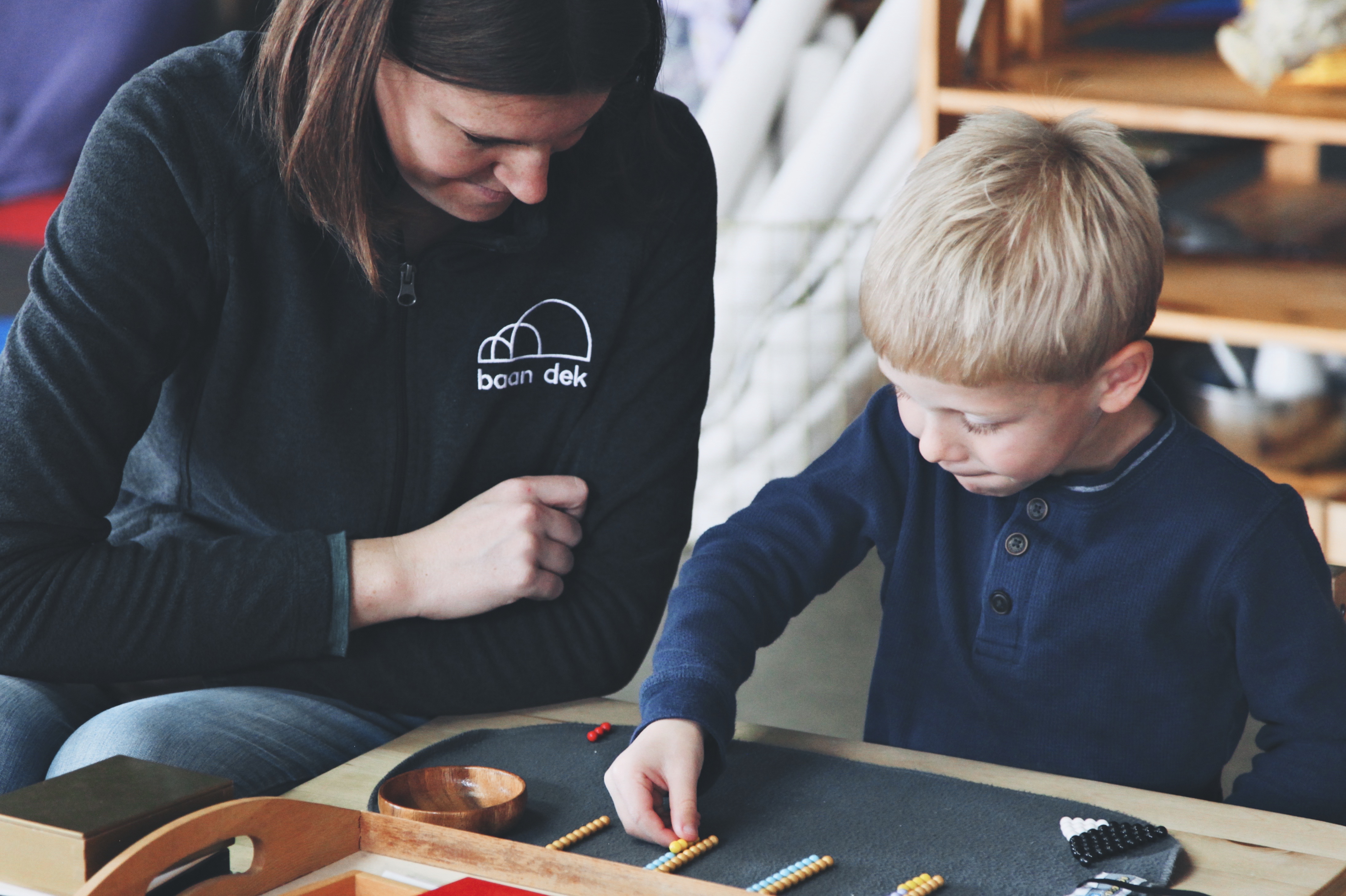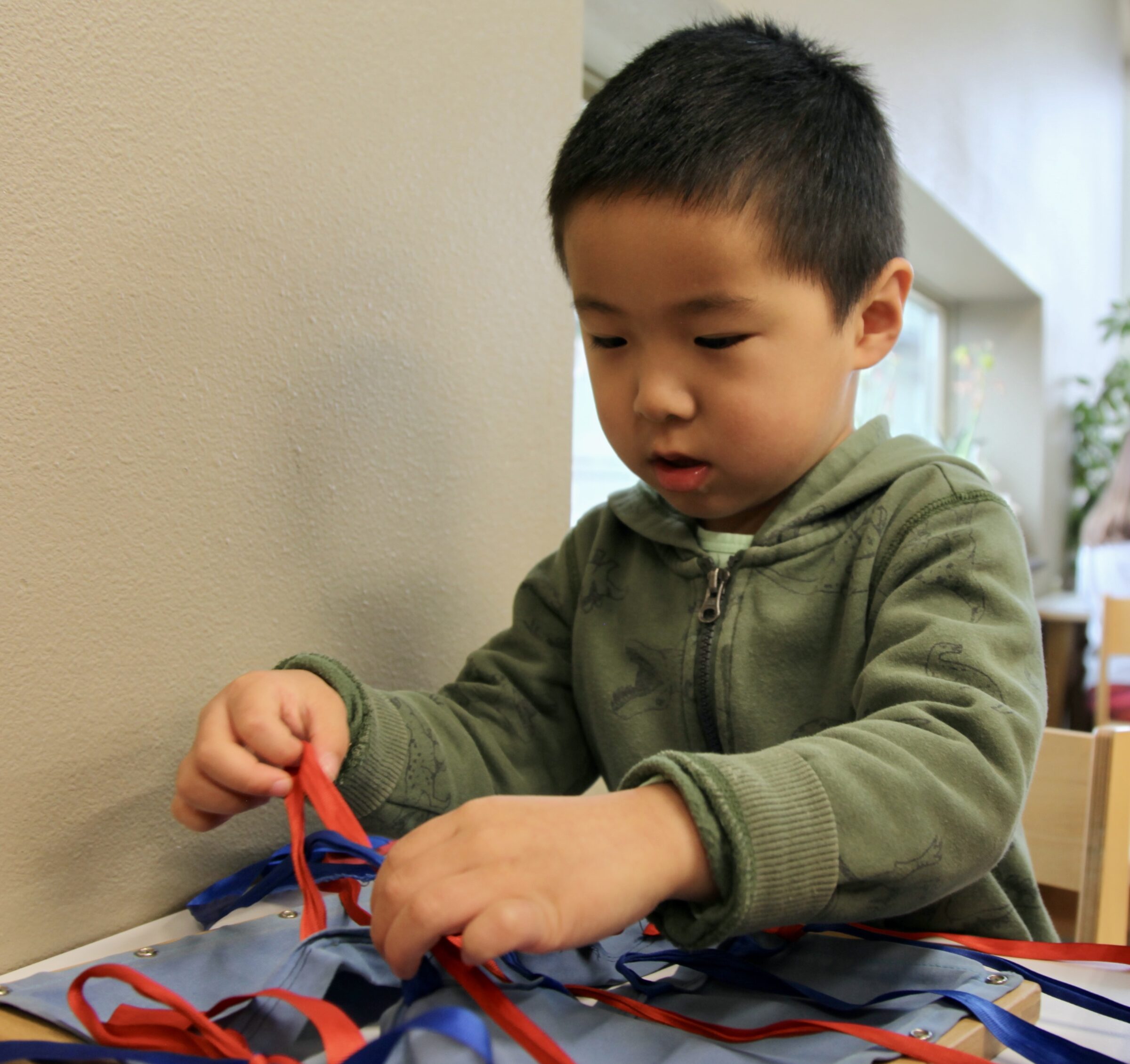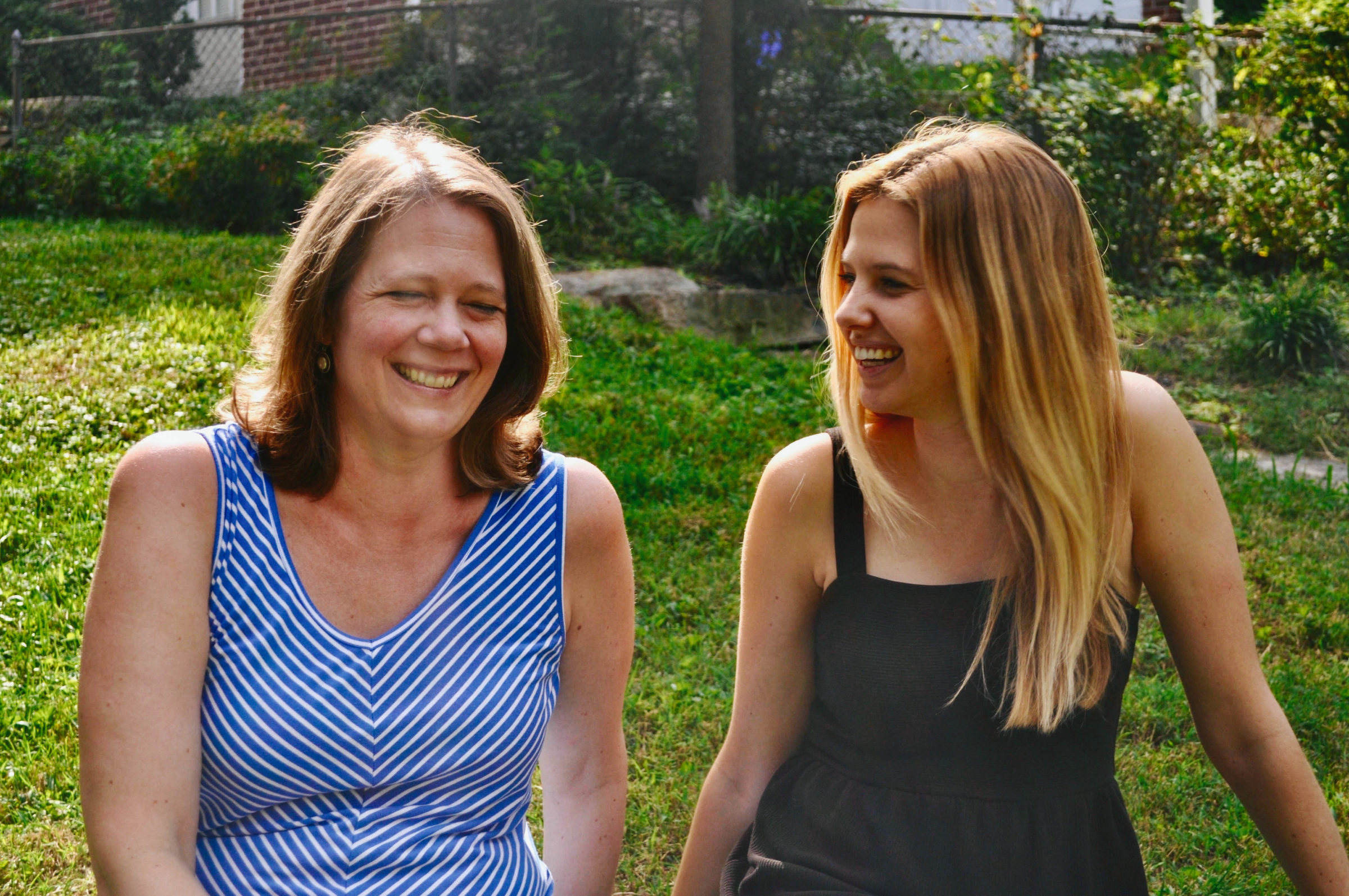“Do as I say, not as I do” Never Works
Podcasts
For a podcast of this post, scroll to the bottom of this page or subscribe on iTunes.
“Do as I say, not as I do” is a phrase that has been around for centuries. Many of us even heard these words as children, usually in response to “but…” Maybe we’ve even heard ourselves, against all our best efforts, accidentally having these words tumble out, even as we try and pull them back in.
Even when we don’t say it, we sometimes embody this phrase. It’s so unintentional, we cringe when we realize it. Tidying is such a clear example.
When I’m done reading my book, I often put it down next to my chair. Same is true of my knitting, or my iPad, or anything else. That’s where I use it, I know where to look for it, it’s not too obtrusive.
Yet, when a child is done reading, we insist their books are put back, toys are tidy, is that where that goes, and if I step on one more Barbie shoe/Lego/car!!!
“We’re always working from a place of love.”
While I’m writing this, there are a few different browser windows open with I don’t want to tell you how many tabs open, and Inbox Zero is a goal but far from my reality.
I am embodying “Do as I say not as I do.”
So why does this happen?
The expectations we set for our children are so often the ideal of our own childhood. A generation of stay-at-home moms raised a generation of working moms, who ushered in a new philosophy of parenting with flexible schedules and stay-at-home dads. If we felt our parents were too rigid, we might err on the side of lax or flexible rules, whereas if we felt our parents’ consistency and hard, no-nonsense attitude served us well, we’ll enforce this for our children. We want our children to have everything we’ve accomplished and none of what we’ve struggled with. We want to give them the world, whether that’s achieved through never having a care in the world or through pulling yourself up by your bootstraps, we always have the best of intentions for our children. We’re always working from a place of love.
We’re imperfect. We have our charms and our foibles, but does that mean anything goes? Can we not have expectations of our children until we’re perfect ourselves? Certainly not. It just means we must examine our motives and our models, and make sure our words are in line with our actions. In Montessori, this is called Positive Phrasing — my emotions and my actions match my word choice.

Let’s take one example: making the bed. It’s a common chore for even very young children, and since we’ve had beds to make I’m sure there are children who have disagreed with their parents about making it.
Studies show successful people make their bed. Maybe it’s setting your day off on the right foot, maybe it’s “eating a frog” — Mark Twain’s analogy of doing one hard thing first, and the rest of the day will be improved. Maybe it’s just because it’s nicer when things are tidy, which is just as fine a reason as any. Maybe it’s Broken Window Theory, that if one thing is messy or broken, other things follow, and the consequences grow larger and larger.
The point is, whatever your reason for “In this family, we make our beds,” it’s a common one, your reason is your own. The other point is, if children see us making our beds, they’ll be more inclined to, as well, and if they’re not inclined to, we can use the philosophy of “in this family we…” with authority.
It’s hard to require a child to wear a coat when we’re not, or to put sunscreen on when we’re not, or to eat a nutritious meal when we’re not. It’s something called “mirror neurons,” where they’re hard-wired to act just like we do. It can sometimes invite argument; after all, children want to be Just Like Us, from walking and talking to emulating behaviors and worldviews. Even when we don’t want to be like our parents, they’re hugely influential in our lives, and taking a different stance than they did on something, is still in so many ways a response to them.
Sometimes this means shifting things around, having a child see you put on sunscreen prior to you asking them if they’d like your help or if they’d like to get started on their own, or tidying up our belongings before bed the same as we ask of our children.
Sometimes this just means an awareness. Huh. I guess I don’t wear a coat if I’m running in and out of the car doing errands, and if I want my child to stop arguing about wearing their coat I could start by wearing mine.
Sometimes this means inviting a child into the agreement and holding them accountable. This is especially effective for older children. Decide on which options you’re going to give your child — would you like to make your bed before or after you eat breakfast? — and then stay the course. This is one that appeals to families who are trying to give their children more choice. A really vital piece here is to reflect prior to giving options. Particularly if a child is new to making choices, it can be natural to have a bit of testing or pushback here. Why do I have to make my bed at all? How about before I go to bed? If it’s so important to you, why don’t you do it, cause I don’t care if my bed is made or not.
“When we give children skills to practice self-discipline in a way that is safe, we’re giving them the skills to exert self-discipline when the stakes are so much higher.”
It’s a huge part of our responsibility as parents, caregivers, and educators to help children not just grow to adulthood, but to give them life skills, to help them develop good habits, to provide a structure, and to allow freedom within and as a child demonstrates self-discipline.
This can be one of those times when it’s easy to “follow the child… off a cliff.” But what if we substitute another cultural norm for making the bed, let’s say, speed limits. When we give children skills to practice self-discipline in a way that is safe, we’re giving them the skills to exert self-discipline when the stakes are so much higher.
I could be better about always putting my things away, about tucking in my chair every time I stand, about actively working toward inbox zero. This is another difference between Home and School, private and public life. This is another way we’re always learning and growing, working toward being better.
Written by:
Charlotte Snyder




